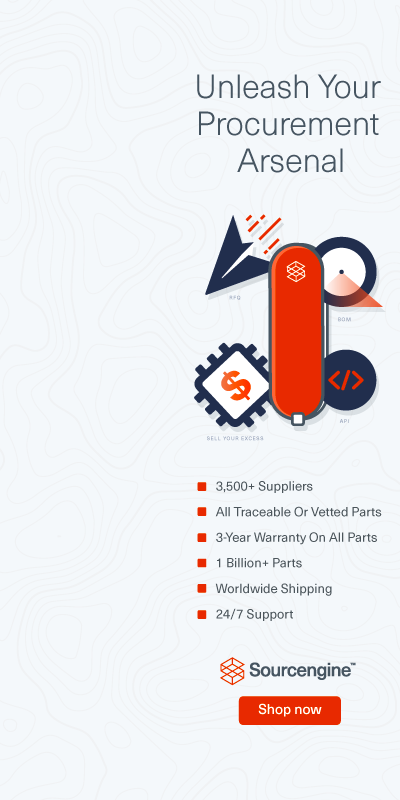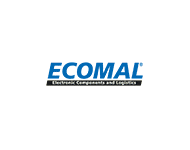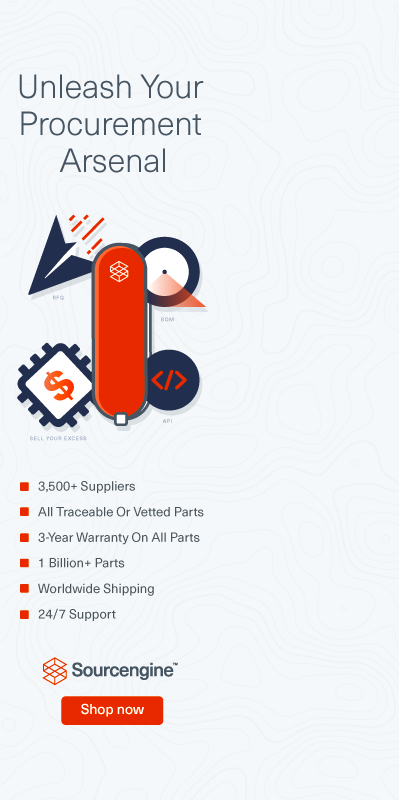
© morgenstjerne dreamstime.com
Electronics Production |
WTO rules in EU’s favour
Chinese restrictions on access to rare earths and other raw materials - WTO rules in EU’s favour.
The World Trade Organisation (WTO) today issued a panel ruling against China's export restrictions on rare earths, as well as tungsten and molybdenum that are used as essential components by a wide range of European industries. In line with the previous ruling on other raw materials, the WTO found that China's export duties and quotas were in breach of China’s WTO commitments and were not justified for reasons of environmental protection or conservation policy.
The WTO panel’s ruling today backs the claims of the EU and its co-complainants, the US and Japan. The verdict is clear: export restrictions cannot be imposed supposedly to conserve exhaustible natural resources if domestic use of the same raw materials is not limited for the same purpose.
Neither the complainants nor the panel contest China’s right to put in place environmental and conservation policies. However, as unequivocally confirmed by the WTO Panel, the sovereign right of a country over its natural resources does not allow it to control international markets or the global distribution of raw materials. A WTO Member may decide on the level or pace at which it uses its resources but once raw materials have been extracted, they are subject to WTO trade rules. The extracting country cannot limit the sales of its raw materials to its domestic industry, giving them a competitive edge over foreign firms.
This ruling secures non-discriminatory access to raw materials. The EU believes this is in the interest of all WTO members, since all countries – whether developed or developing – rely on each other for their raw materials and global production chains.
Background
The raw materials involved in this case are several rare earths, as well as tungsten and molybdenum. They have a wide range of uses in hi-tech and green goods, automotive and machinery manufacturing, chemicals, steel and non-ferrous metal industries.
Chinese export restrictions have been mainly export duties or export quotas, as well as additional requirements and procedures for exporters. They create serious disadvantages for foreign industries by artificially increasing China’s export prices and driving up world prices. Such restrictions also artificially lower China’s domestic prices for raw materials. As they increase domestic supplies. This gives China’s local industries a competitive advantage and puts pressure on foreign producers to move their operations and technologies to China.
The EU, together with the US and Japan, launched a WTO dispute settlement case in March 2012. Initial consultations with China did not bring an amicable solution. As a result, the WTO set up a panel in June 2012. All parties now have 60 days in which to appeal against the panel’s report.






